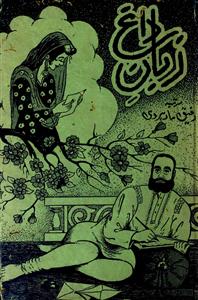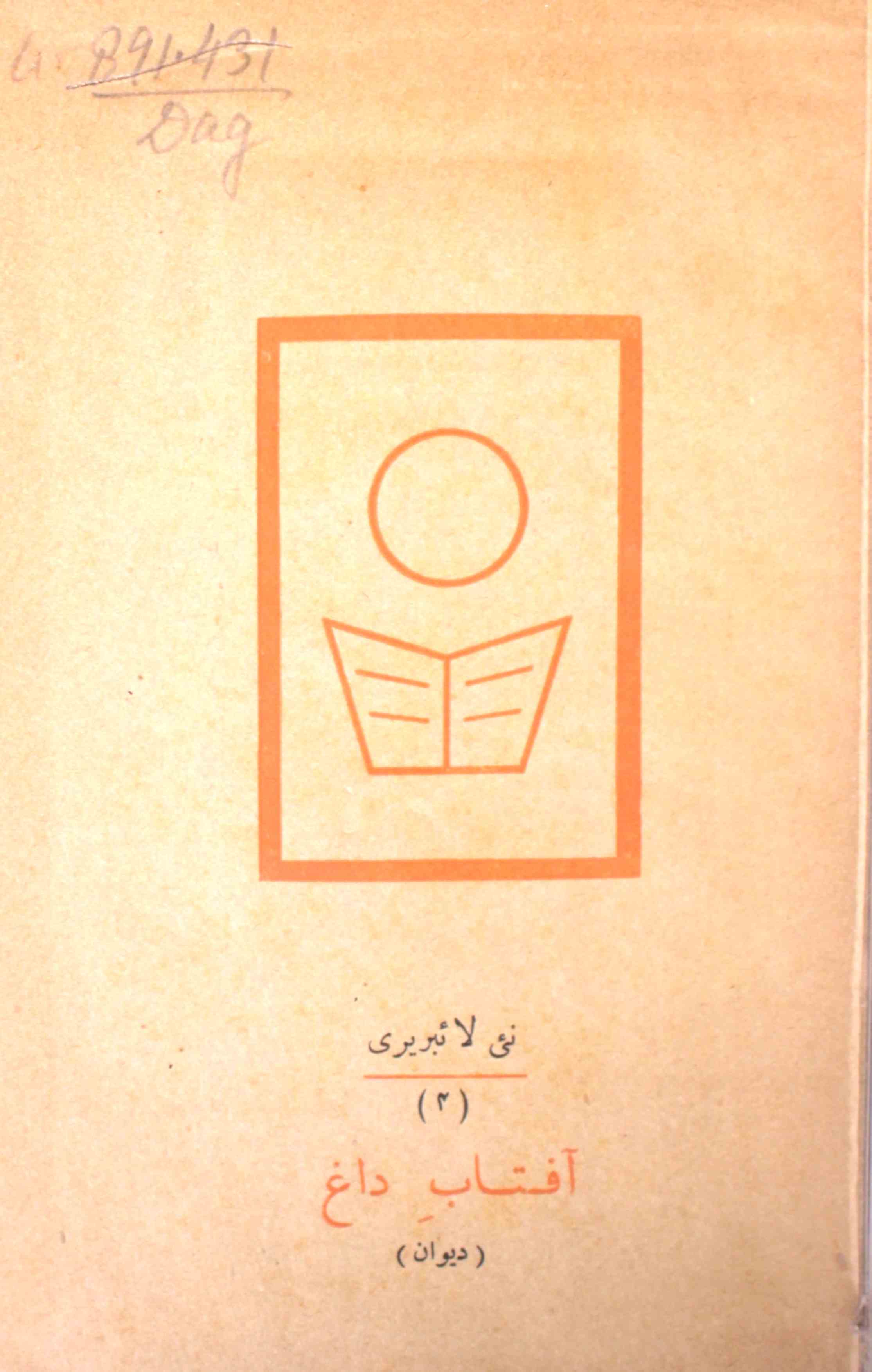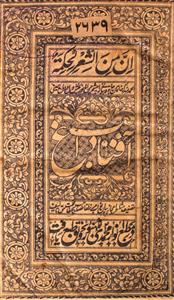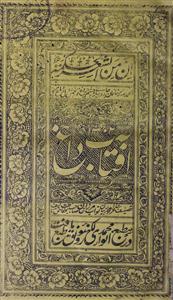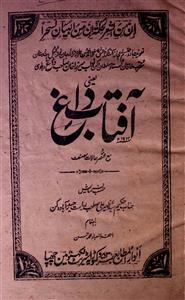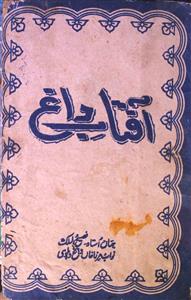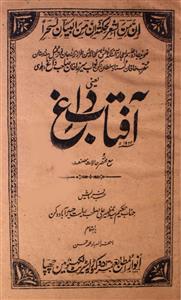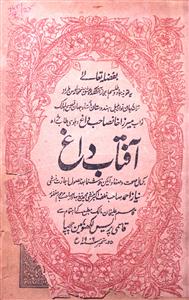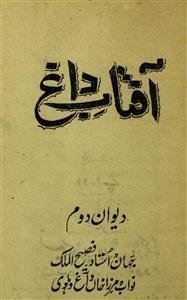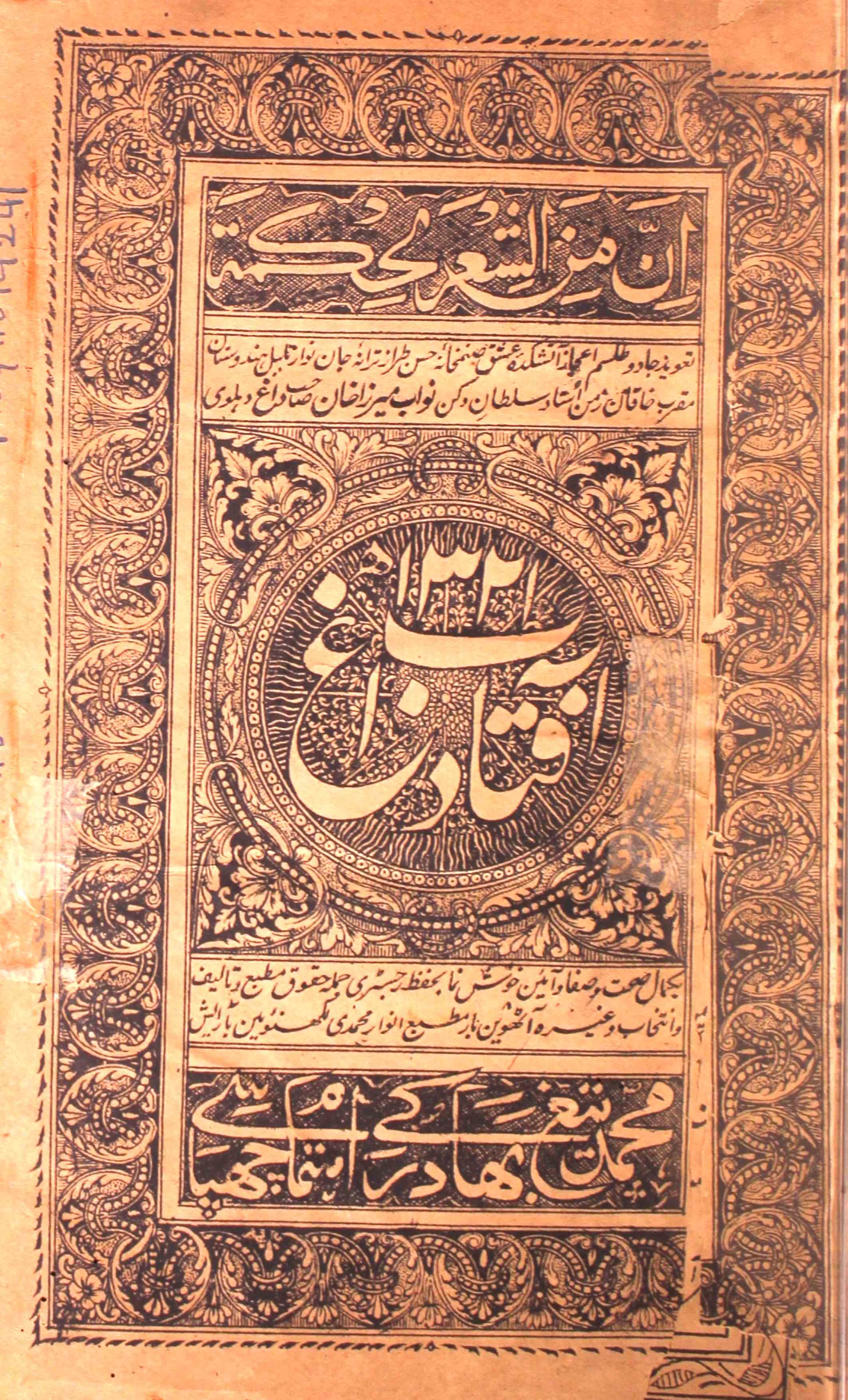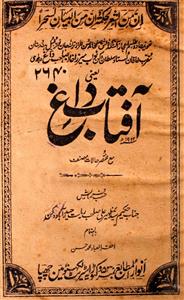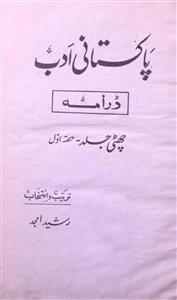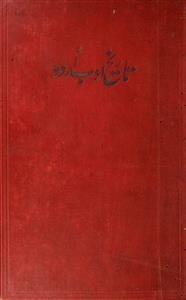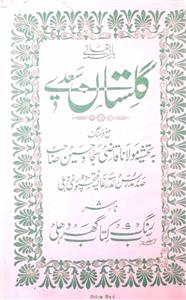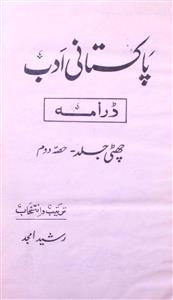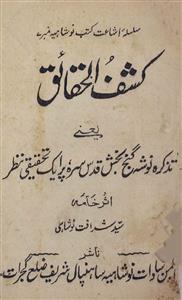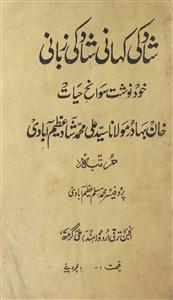 For any query/comment related to this ebook, please contact us at haidar.ali@rekhta.org
For any query/comment related to this ebook, please contact us at haidar.ali@rekhta.org
About The Author
Nawab Mirza Khan Dagh Dehlavi (1831-1905), was born and brought up in the red fort of Delhi where his mother was married to prince Mirza Mohammad Sultan, son of Bahadur Shah Zafar. After his father’s death, he had to leave the red fort, and after the fall of Delhi in 1857, he had to move to Rampur where he lived in comfort for more than a decade. Later, his changing conditions, for good or bad, took him to other centres of renown like Lucknow, Patna, Calcutta, and Hyderabad.
As a disciple of Zauq himself, and with a large number of eminent disciples to his own credit, Dagh deliberated upon the aesthetic principles of ghazal as a form of intimate poetic conversation. He charged the common speech and combined the poetic manners of the Lucknow and Delhi schools. In its totality, Dagh’s poetry is idiomatic and appealing, laden with emotions and good humour. He did not take the idea of love to philosophical heights but engaged with the experience of love at a human level, bringing it close to eroticism. Cumulatively, he is playful with language, least Persianised in his diction, witty in turns of phrases, urbane in addressing, and full of gaiety and simplicity in his essential approach to his material. Apart from his four divaans, representing the last hallmarks of classical poetry, he has left behind a bunch of letters and a long narrative poem.
 For any query/comment related to this ebook, please contact us at haidar.ali@rekhta.org
For any query/comment related to this ebook, please contact us at haidar.ali@rekhta.org
Write a Review
Jashn-e-Rekhta 10th Edition | 5-6-7 December Get Tickets Here
